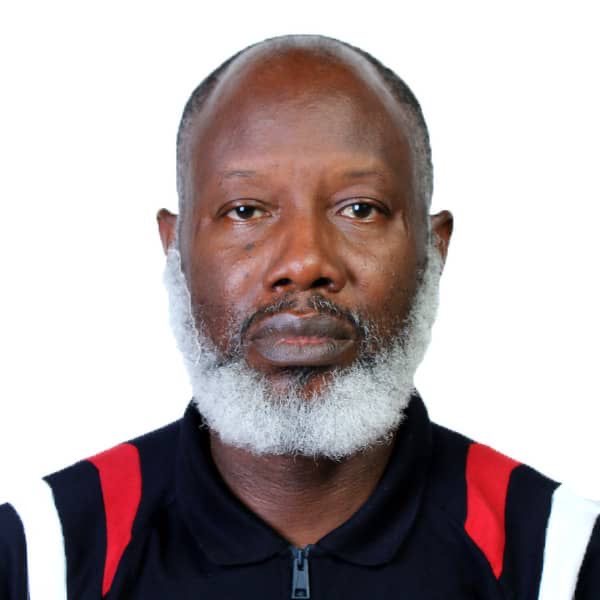Q: Engineer Grant Nwaogbe, thank you for joining us today. Can you start by telling us about your role in the IKIKE Project and what made it so significant?
A: Thank you for having me. As Head of Engineering and Fabrication for the SURF Package on the IKIKE Project, I was responsible for overseeing the design, fabrication, and installation of critical subsea and offshore infrastructure. The project was significant because it involved integrating cutting-edge engineering solutions with strict safety and quality standards to enhance Nigeria’s offshore production capabilities. The successful completion of this project was a key milestone for the country’s energy sector.
Q: Safety is always a top priority in such large-scale projects. How did you ensure safety was maintained throughout the IKIKE Project?
A: Safety was non-negotiable. My team worked closely with the Project HSSEQ Manager to conduct comprehensive risk assessments for all offshore campaigns. This involved identifying potential risks early on and putting robust mitigation plans in place. We also ensured that all contractors adhered strictly to project specifications and international safety codes. Regular training and on-site safety audits were critical components of our approach, which helped us maintain a zero-incident record throughout the project.
Q: What were some of the major engineering achievements during the project under your leadership?
A: There were several milestones I’m particularly proud of. We successfully completed the detailed engineering design for structures, pipelines, and umbilical’s for the SURF Package. We also managed the fabrication and installation of subsea sleepers, the lifting and installation of the IKIKE Drilling Platform’s production decks, and the laying of subsea pipelines for multiphase production and water injection lines. Another key achievement was the installation of power and fiber optic cables, which are vital for modern offshore operations. Each of these activities required precise planning, coordination, and execution.
Q: The installation of subsea pipelines and infrastructure can be very complex. What challenges did you face, and how did your team overcome them?
A: One of the main challenges was managing the logistics and coordination of multiple components, contractors, and teams across various locations. Offshore environments are inherently challenging due to weather conditions and the complexity of the operations. To overcome this, we relied on meticulous planning and clear communication. I worked closely with the fabrication and installation teams, ensuring everyone was aligned on goals and timelines. Having a strong focus on pre-engineering and pre-lay surveys also helped us anticipate potential challenges and address them proactively.
Q: What does the successful completion of the IKIKE Project mean for Nigeria’s energy sector?
A: The IKIKE Project is a step forward in bolstering Nigeria’s offshore production capabilities. It demonstrates the ability to execute world-class engineering projects locally, leveraging both expertise and resources. The infrastructure we installed will significantly enhance production efficiency and ensure a more reliable energy supply. It also sets a benchmark for future projects in terms of safety, quality, and innovation. I’m honored to have been part of such a transformative initiative.
Q: Finally, what advice would you give to aspiring experts and engineers who aim to work on projects of this scale?
A: My advice would be to focus on continuous learning and develop a deep understanding of both the technical and managerial aspects of engineering. Always prioritize safety and quality in your work, and never underestimate the power of teamwork and clear communication. Projects like IKIKE require collaboration at every level, so being a team player is crucial. Lastly, be prepared to innovate and adapt to challenges—it’s what sets great engineers apart.
Q: Thank you, Grant, for sharing your insights and experiences. It’s been a pleasure speaking with you.
A: Thank you. The pleasure is mine.
WATCH TOP VIDEOS FROM NIGERIAN TRIBUNE TV
- Let’s Talk About SELF-AWARENESS
- Is Your Confidence Mistaken for Pride? Let’s talk about it
- Is Etiquette About Perfection…Or Just Not Being Rude?
- Top Psychologist Reveal 3 Signs You’re Struggling With Imposter Syndrome
- Do You Pick Up Work-Related Calls at Midnight or Never? Let’s Talk About Boundaries







